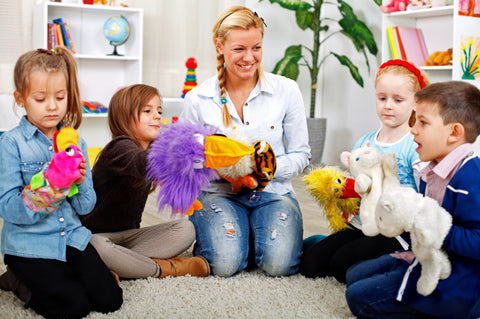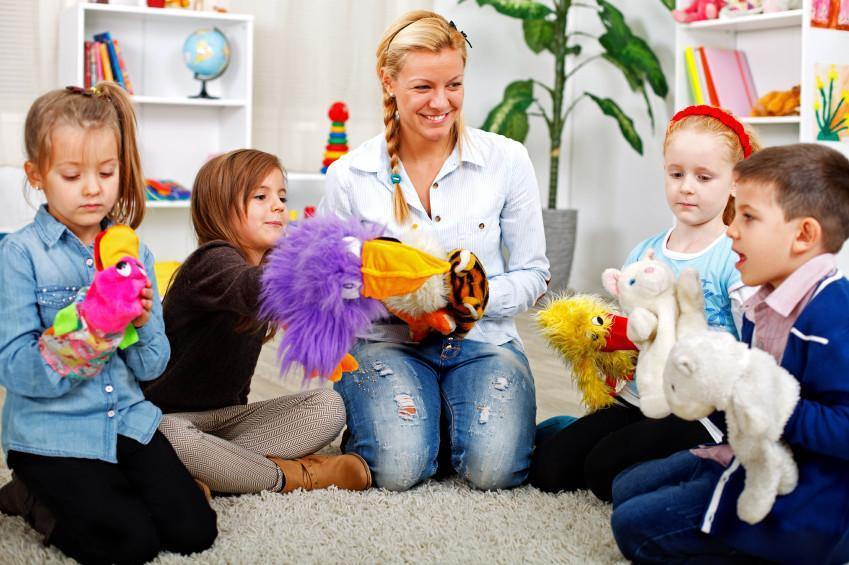
Changes to national educational policies have improved the quality of academic offerings to disabled children.
In fact, all public primary and secondary schools must provide special needs students with educational experiences that are comparable to non-disabled students. This is a challenge within most local school systems because children step through classroom doors with various types of disabilities that require unique solutions.
While schools are funded with federal, state and local dollars, many school programs across the United States are experiencing budget cuts.
Subsequently, ideal special needs classroom supplies are durable and cost-effective. Here are some examples of the types of supplies that are used to enhance the learning environments of special needs classrooms.
Dexterity Improvement Aids
Some young, special needs children must work with therapists and special education teachers to perform basic daily living activities that require the use of their fine motor skills.
Activities such as tying shoes, opening zippers and buttoning shirts are included in many special educators' curricula. Manual dexterity boards, which are available through school supply stores that serve the special needs community, allow students to practice activities related to dressing.
The boards are covered in tough cotton canvas and feature oversized laces, buckles, zippers and snaps on which disabled children can practice.
The manual dexterity boards' crisp, blue and red color combination also adds an element of fun to the tool.
Special Education STEM Learning Tools
Schools have been encouraged and incentivized to increase educational activities in disciplines such as science, technology, engineering and mathematics (STEM), and special needs students can excel at STEM learning with the help of skilled instructors and the right tools.
For example, educators can lay a firm foundation in STEM learning by introducing their special needs students to common measurements. Activity kits for special needs classrooms include linear and metric measuring tapes, rulers, measuring cups and thermometers that are easy to read.
Hand Writing Tools
Writing can be difficult for children who have not sufficiently developed their motor skills.
However, there are tools available to help these students to complete writing assignments and art projects that require them to hold pencils, pens and crayons. Some custom mechanical pencils are shaped to support the standard way of holding writing implements.
Special needs children are able to learn how to hold and manipulate pencils properly, and the design of the tools reduces fatigue for small hands. Students can also use a simple silicon wrist cuff that attaches to any type of pencil, pen, crayon or paint brush.
This tool is ideal for special needs students who cannot firmly grip small items such as writing implements.
Eye Hand Coordination Development Tools
Modern educators understand that games play key roles in effective learning environments, and special needs instructors often use them to help their students to development critical eye hand coordination skills.
Besides the number of digital games of this nature on the market, there are also simple, hand-held puzzles that are designed to promote those skills.
One such game comes with a board that has integrated round, colored pegs that must be manipulated to match specified patterns on cards that are given to the students by their teachers.
By playing this type of game, special needs students learn how to identify patterns and exercise their fine motor skills to replicate complex color combinations that are given to them. Special education teachers can add a challenging element to the puzzle by timing their students during the game.
EazyHold offers a collection of comfortable silicone hand straps to assist those challenged by weakened hand grip, arthritis and other disabilities. Visit our blog to learn more, or connect with us on Facebook, Instagram, Pinterest, and Twitter to stay in touch.
© EazyHold

